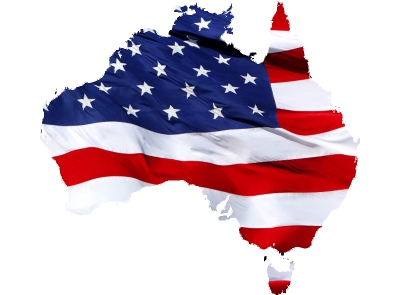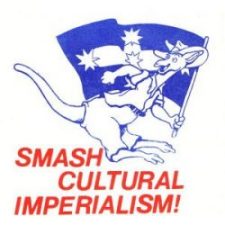Jonah from Tonga is an Australian television series created by and starring Chris Lilley. Chris Lilley plays Jonah Takalua, a 14-year-old boy of Tongan descent. The television show first premiered in Australia on ABC1 and then premiered in America on HBO in 2014.
The series was not well received in America and was criticized for Lilley’s portrayal of Tongans and the use of make-up to make his skin darker. Morgan Godfrey wrote in The Guardian how Lilley was “acting out a modern minstrel show” (2014). “I would suggest that what has been ‘seriously lost in translation’ is the role and place of irony: in this case, the gap between how a character imagines him/herself to be and how they appear to the audience” and in this case Lilley appeared to be racist and absurd to these audiences that did not understand the ‘Australian humor’ (Turnbull 2008).
Some people argue that Americans did not ‘get’ the comedy and satire behind the dialogue due to the fact that the majority of American television shows “have been slimmed down, toned up and ironed flat for American network television because that is what an American audience wants and expects from a sitcom” (Turnbull 2008). However, most people argue that the show is just “quite blatantly racist – playing on the cultural traits and responses to an ethnic community” (Hardy 2014).
HBO was criticized for airing the show and an online petition has been created in the United States and Canada to ask HBO to no longer air the show (the petition has received over 6,450 signatures). A positive from the airing of this show has been the enormous support that Tonga and Tongans have received from all over the world (Tonga Herald 2014). This show is an example of how comedy can be lost in translation and gives proof to why comedy has to be adjusted for various places due to values and what is seen as acceptable.
Reference List
Hardie, G 2014, ‘Jonah from Tonga: genius or racist?’ InDaily Adelaide Independent news, viewed on 18 September 2014 http://indaily.com.au/arts-and-culture/2014/05/09/jonah-tonga-genius-racist/
The Tonga Herald 2014, ‘We Are The Future’, TongaHerald.com, viewed on 18 September 2014 http://tongaherald.com/jonah-from-tonga-controversy-leads-to-global-outpouring-of-love-and-support-for-tonga-and-tongans/
Godfery, M 2014, ‘Jonah From Tonga: the modern minstrel show?’ theguardian.com, viewed on 18 September 2014 http://www.theguardian.com/commentisfree/2014/apr/23/jonah-from-tonga-the-modern-minstrel-show
Turnbull, S 2008, ‘It’s like they threw a panther in the air and caught it in, embroidery’ Television Comedy in Translation, viewed on 18 September 2014 https://moodle.uowplatform.edu.au/pluginfile.php/260150/mod_resource/content/1/Week%207_Turnbull.pdf

